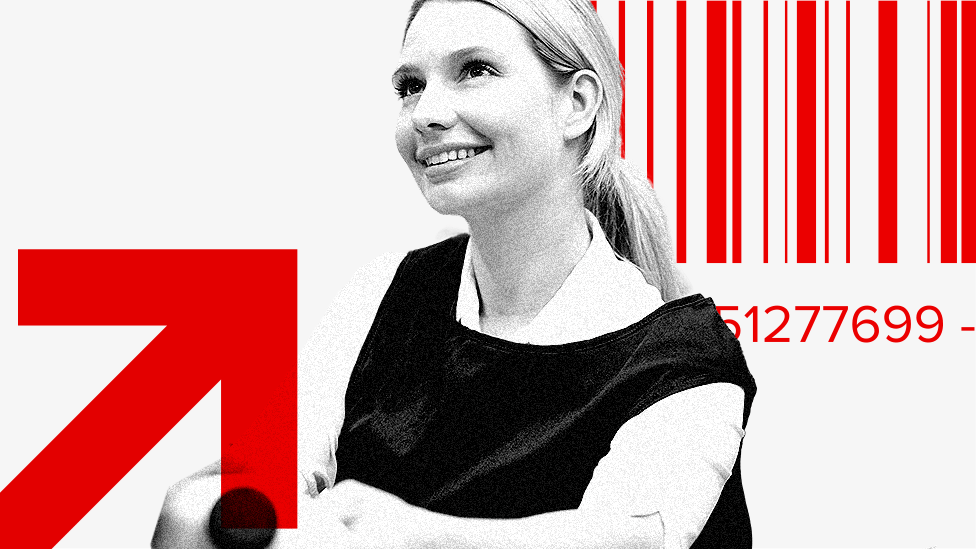Minimum wage increase a concern for NI businesses
- Published

It is estimated the impact will be felt by one in eight workers in Northern Ireland
The minimum wage increase will boost pay packets for low paid workers but businesses have warned of a "perfect storm" of cost pressures.
It is estimated the impact will be felt by one in eight workers in Northern Ireland.
From Monday 1 April, employees aged 21 and over will be entitled to the National Living Wage. Previously you had to be 23 to qualify.
The rate will be £11.44 an hour, up from £10.42.
Michael Stewart, director of Common Market bar, said: "Everyone deserves a fair wage and most employers support the increase in minimum wage but that comes with a warning that these costs have to be paid for.
"If you take a small company like ourselves we have 10 staff, that equates to an additional £23,000 a year of an increase - you multiply that for bigger companies and that's a lot of money that has to be paid somehow."

Michael Stewart says price increases along with the wage rise will create the 'perfect storm' for hospitality
He said high energy costs, increases from breweries and suppliers, VAT and wage increases are creating a "perfect storm" for hospitality.
"You either absorb it which has become more difficult because of rising costs, or you have to pass it on and that will mean higher prices in all shapes and forms for customers."
'Monumental benefit to economy'
Dr Lisa Wilson, from the Nevin Economic Research Institute, said: "It has been a monumental benefit to the economy, particularly to the Northern Ireland economy where we know low pay is an issue.
"It has had a huge impact in the proportion of our workers classified as low paid, we have gone from about 20% of the labour market being classified as low paid to about 12% of workers so this does have a beneficial impact on our labour market."
The impact will be felt particularly across low paid industries including hospitality, social care and childcare.

National Minimum Wage changes

The National Minimum Wage will apply to younger employees between school leaving age of 16 and 20
From 1 April, the National Minimum Wage will apply to younger employees between the school leaving age of 16 and 20.
If you are 16 or 17, the National Minimum Wage will be £6.40 an hour, up from £5.28.
If you are 18, 19 or 20, the National Minimum Wage will be £8.60, up from £7.49.

Passing the cost onto customers
The changes will also have an effect on workers who are paid above minimum wage, if their employer has committed to maintaining that pay differential.
Michael said: "That is a really big issue. I know venues paying staff £12 an hour when minimum wage was £10.42 they now need to make a big decision if they can afford to keep that differential.
"We need good staff, we want to pay our staff, we will pay our staff but it has to be paid somehow and that probably means passing it on to our customer."
- Published6 March 2024

- Published21 November 2023

